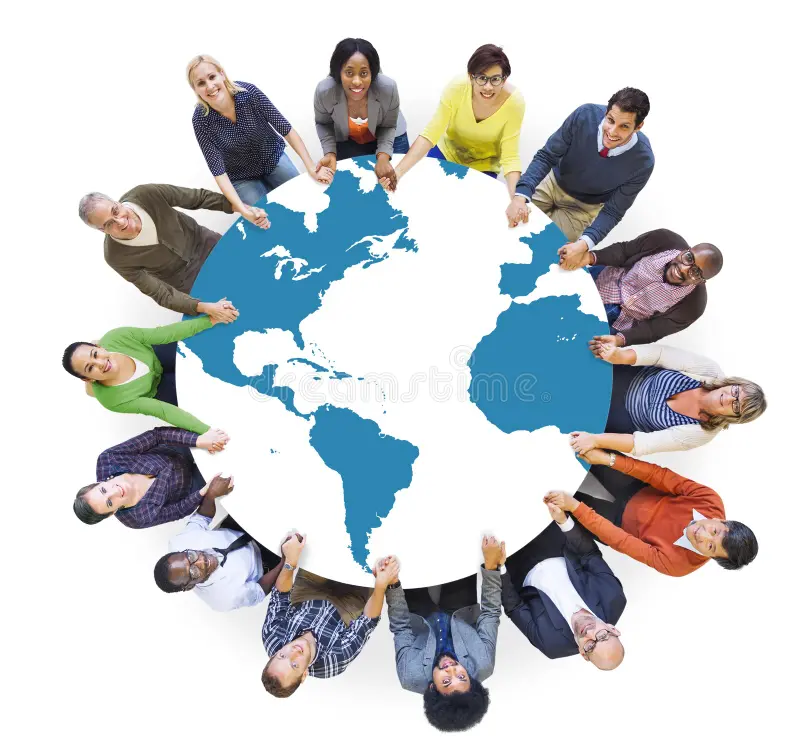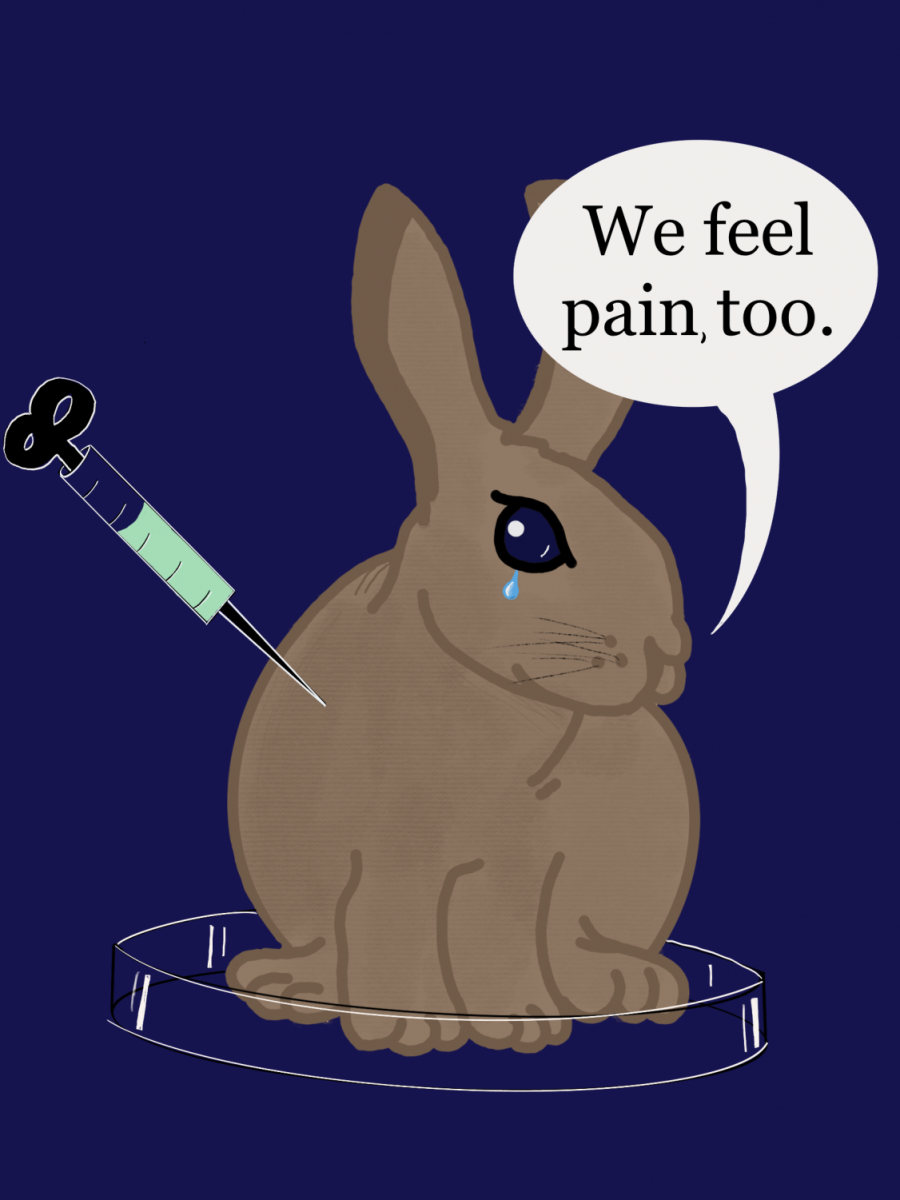Dine and Dash
In late September, police in Spain arrested a fifty-year-old Lithuanian man who pretended to be a Russian tourist who didn’t speak Spanish. Aidas J, also known as Gastrojecta, performed the stunt of faking heart attacks more than 20 times. Just to get out of paying for his meals, Gastrojecta would dramatically throw himself on the ground pretending to have a heart attack and clutching his chest. This act would take place after Aidas J tries to leave without paying and an employee calls him out. He would scream out in agony to any restaurant employee demanding medical attention. However, El Buen Corner, a restaurant in Spain, recognized this scammer and called the police instead. The bill consisted of two whiskeys and a seafood paella costing $36.75. Moises Dominican, restaurant manager, states, “It was very theatrical, he pretended to faint and slumped himself down on the floor.” Another statement, “He lay down on the floor and acted as if his chest hurt and began to shake.” Before this incident, Gastrohecta used this trick for over a span of two months totaling a cost of $810.81 in US dollars. He was arrested many times before but for a short period of time. However, after this incident, Gastrojecta was arrested and sentenced to forty-two days in jail for not paying two fines. Throughout the span of two months, Gastrojecta dashed and dined in two restaurants in El Buen Comer. Reportedly, EL Buen Comer shared Aidas J’s image to warn the surrounding business. This event needs more recognition and other related scenarios because scammers are on the rise more than anything. Scammers like Gastroject get let off the hook with small fines and very few days in jail. If the community could bring more awareness for scammers like these, businesses and other community places would get the justice they deserve.
The Dying Coral:
Coral is a brightly colored species scattered throughout the ocean floor that supports twenty-five percent of ocean life. Coral remains stationary throughout its entire life and produces a hard skeleton made of calcium, carbonate, or limestone. Ocean life thrives from food scores produced from coral reefs. Although ocean lives benefit from coral reefs, humans can benefit as well. New medicines produced from coral reefs provide treatments for cardiovascular diseases, ulcers, leukemia, lymphoma, and skin cancer. Coral reefs are severely threatened by pollution, disease, and habitat destruction. Once damaged, coral reefs can no longer support ocean life whose home was within the coral. Coral destruction will greatly affect oysters, clams, sea stars, sea urchins, and crabs. When supporting fewer fish, plants, or animals, the coral loses its value. Protecting coral reefs is extremely important because they protect coastal areas by reducing the power of waves that hit the coast and dissipating wave energy from storms or tsunamis. Events such as increasing weather, temperature, ocean acidification, and rising sea levels make it extremely difficult for coral reefs to survive. Around 2016-2017, the biggest known coral reef system, the Great Barrier Reef, lost over fifty percent of its coral reefs. Stating this, eighty-nine percent of new coral reefs failed to be produced during that time. To reduce the loss of coral reefs communities can properly recycle their trash, save energy at home or work, and use environmentally friendly materials or transportation.
Floods in Libya:
Bodies lay trapped under the rubble or along the coastlines of Libya. On September 10, 2023, a massive flood destroyed infrastructure to bridges, roads, electricity grids and instantly killed more than 11,300 people. Storm Daniel caused tsunami-like floods in northeast Libya which led to two dams collapsing. Homes and neighborhoods were swept away by the strong currents leaving behind more than 16,000 children displaced from their families. Children were exposed to violence and the risk of their lives. According to UNICEF, nearly 10,000 remain officially missing as a result of the floods in Libya. The first to respond was The Libyan Red Crescent, an organization in Muslim countries that helps people who are suffering, distributed aid in Derna, Benghazi, Tobruk, Almari, and Sousa. According to the Libyan Red Crescent, “Our thoughts are with all the families who lost loved ones in these floods” providing hope and relief to the people of Libya. To help provide additional support for Libya, communities can send blankets, food packages, and money to donation websites or emergency funds.



